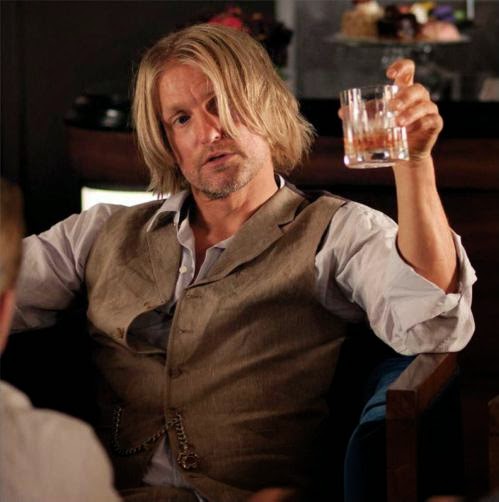The trilogy she has adeptly put together seem to be more than just books. They are windows to the world that we see today, only in a different light.
For example, we can see the advancement of technology going sour and ultimately leading to unjust uses, such as for surveillance and oppression. There is a clear boundary between an evil act and an evil person, and that could classify some characters in places which we would not normally expect them on the good to evil spectrum. Haymitch may fall over the stage in the masterpiece of a novel, yet the director may cut his glorious act from the media representation.
This view has also taught how some actions taken by the characters lead to the reactions by others and overall building of the plot. For example, Katniss' statement about Rue and her performance in the Games may mean something psychologically to their family, but it can also mean something political to Snow and his reign over the Districts.
Ultimately, as Haymitch would say, 'Cheers!' (or more realistically, 'realize the inevitable finish of your blog-writing... then take a drink.')










